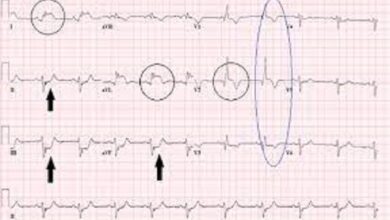What Kind of Therapy is Best for Grief?

Grief is a complex, deeply personal experience that varies widely from one individual to another. It can stem from the loss of a loved one, the end of a significant relationship, or any major life change that brings about feelings of loss. Navigating the path through grief can be challenging, but with the right support, individuals can find their way toward healing and acceptance. Grief counseling stands out as a compassionate and effective approach to dealing with loss, but what makes it the best option for those in mourning?
Understanding Grief Counseling
Grief counseling is a form of therapy specifically designed to help individuals cope with loss and the intense emotions that come with it. By providing a safe and supportive environment, grief counselors help individuals work through their feelings of sadness, anger, guilt, and despair.
The Goals of Grief Counseling
The primary goals of grief counseling are to help individuals understand and process their grief, develop coping strategies to deal with the pain of loss, and eventually find a way to move forward. Grief counselors also work to identify any complicating factors that might hinder the healing process, such as unresolved issues with the deceased or feelings of guilt and blame.
Types of Therapy for Grief
While grief counseling is an umbrella term for therapy focused on loss, several specific types of therapy have been found effective in helping individuals manage their grief.
Cognitive Behavioral Therapy (CBT)
CBT is a widely used approach that can be particularly effective for those struggling with grief. It focuses on identifying and challenging negative thought patterns related to the loss, helping individuals adopt a healthier perspective on their grief and the world around them.
Support Groups
Support groups provide a sense of community and understanding among those who are experiencing similar types of loss. Sharing experiences and feelings with others who can relate can be incredibly healing and provide a sense of belonging and validation.
Art and Music Therapy
Creative therapies such as art and music therapy allow individuals to express their grief in non-verbal ways, facilitating emotional release and exploration of their feelings. These therapies can be particularly beneficial for those who find it difficult to articulate their emotions verbally.
Personalizing Grief Therapy
Choosing the best therapy for grief depends on the individual’s personality, their relationship with the one they’ve lost, and their coping mechanisms. A grief counselor can assess an individual’s needs and guide them toward the therapy that best suits their situation.
The Importance of a Supportive Therapist
The relationship between the individual and their therapist is crucial in grief therapy. A supportive and understanding therapist can make a significant difference in the healing process, providing a foundation of trust and empathy that allows for deep emotional work.
Conclusion
Grief is a journey that doesn’t have a one-size-fits-all solution. However, grief counseling offers a range of therapeutic approaches tailored to meet the needs of those mourning a loss. Whether through individual therapy, support groups, or creative approaches like art and music therapy, it’s possible to find a path through grief that leads to healing and growth. Remember, seeking help during this difficult time is a sign of strength, and with the right support, individuals can navigate their grief and emerge with a renewed sense of peace and purpose.




